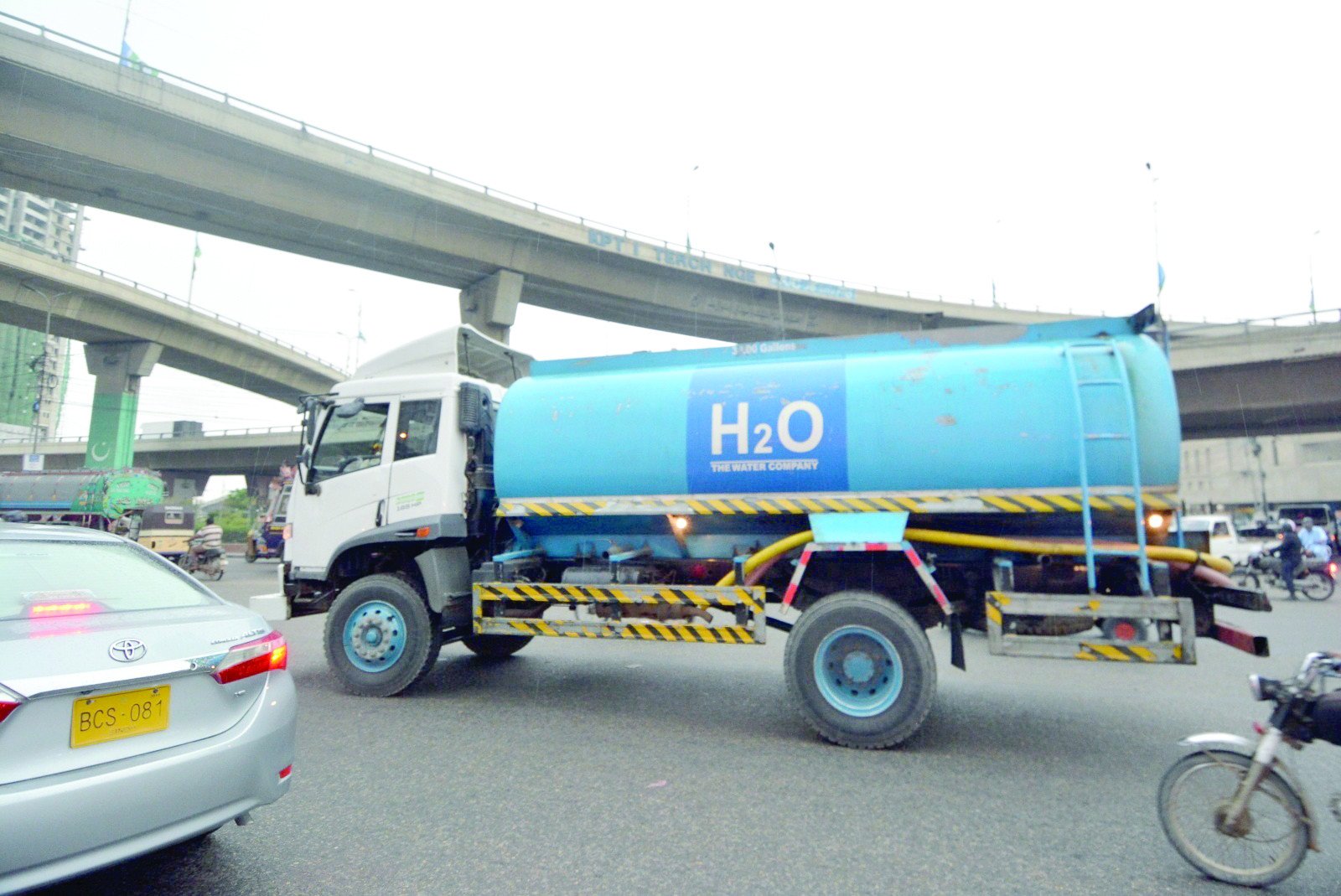Karachi Severe Water Crisis Deepens Amid Disarray
The city's water crisis is a result of decades of neglect and mismanagement, with the KWSC struggling to provide a reliable supply of clean water to its citizens. The need for infrastructure investment and transparent governance is urgent, as the city's residents continue to suffer from the severe water crisis.

Karachi's water supply crisis has worsened, leaving residents relying on private water tankers and incurring significant expenses, despite the completion of a 84-inch pipeline repair work on May 5.
The crisis, which began on April 29 when a main water line ruptured at Karachi University campus, has affected several localities in all seven districts of the city, with some areas not seeing a drop of water in their taps for over a week. The Karachi Water and Sewerage Corporation (KWSC) claims that normal supply has been restored, but residents dispute this, saying the supply is still inconsistent and low-pressure.
Internal conflicts within KWSC are reportedly hampering efforts to resolve the crisis, with senior officials allegedly unwilling to work under Managing Director Zafar Palejo, citing his mismanagement of main water lines. The city requires 1,200 million gallons of water daily, but has only been receiving 400 million gallons, or 40% of the regular supply. The water shortage has been attributed to leakages in main lines, which were laid in 1956 and 1971 and are in need of replacement.
The unreliable water supply forces citizens to rely on private tankers, many of which distribute unfiltered and unsafe water. Mismanagement, unequal distribution, and reported water theft have exacerbated the crisis. The Karachi Water & Sewerage Corporation and local authorities must ensure clean water access for all citizens, without discrimination, through infrastructure investment, strict action against illegal hydrants, and transparent governance.
Unless immediate administrative action is taken, the city's water woes are expected to worsen, affecting millions of residents, particularly in areas like Gulshan-e-Iqbal, North Karachi, and Korangi. Chief Minister Syed Murad Ali Shah's orders to restore services have yet to be implemented, and the crisis continues to deepen.